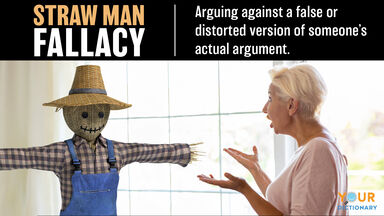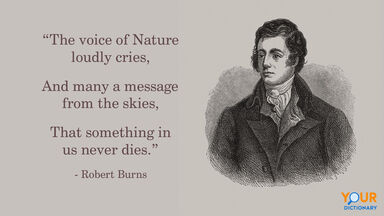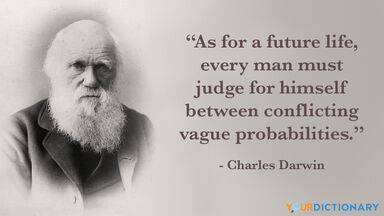Man-to-man Definition
măntə-măn
adjective
Marked by candid interaction between men.
Had a man-to-man talk with his boss.
American Heritage
Frank, honest, sincere, etc. in a direct, personal way.
A man-to-man talk.
Webster's New World
Designating or of a type of defense used in various team sports, in which each defensive player guards a specified offensive player.
Webster's New World
(sports) One-on-one.
Wiktionary
adverb
Directly, forthrightly, and honestly.
Wiktionary
Man-to-man Is Also Mentioned In
Find Similar Words
Find similar words to man-to-man using the buttons below.





